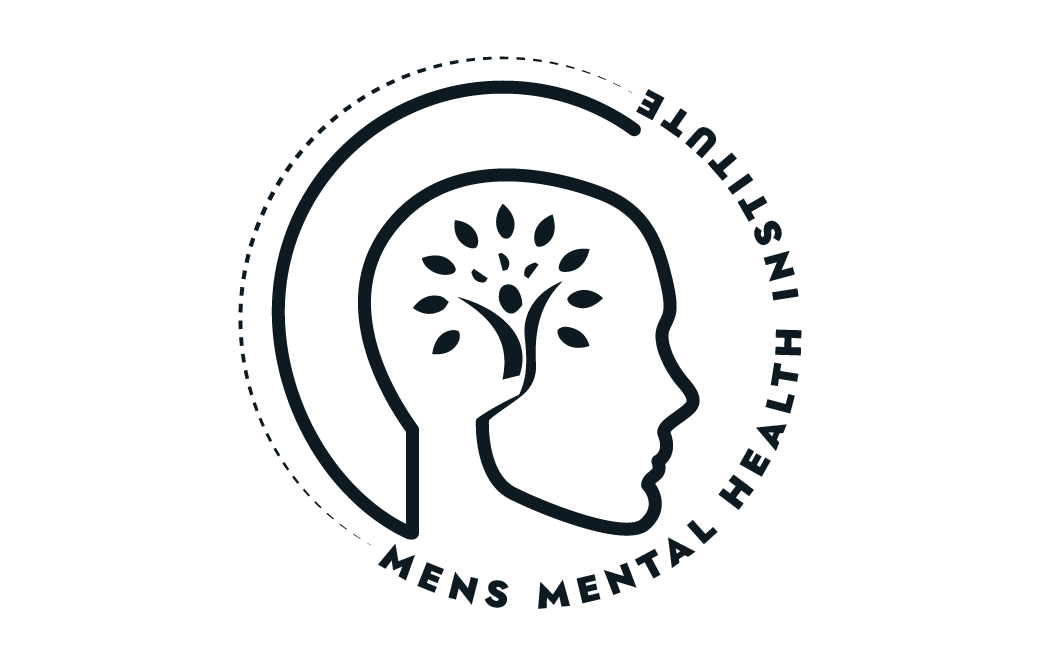When Love Feels Like a Mind Game
You start questioning your memory. Apologizing for things you didn’t do. Feeling like you’re “too sensitive” or “not enough.” One minute, she’s idealizing you, the next, she’s tearing you down.
You’re stuck between longing and confusion. Something’s off… but every time you try to name it, you become the problem.
Many men in relationships like this quietly Google terms like “gaslighting,” “narcissistic abuse,” or “covert control.” You wonder: Is she a narcissist? Am I crazy?
From a behavioral and social psychology lens, men are often raised to endure, fix, or suppress discomfort. So when a relationship turns psychologically abusive, men often don’t recognize it until deep damage has already been done. You may internalize the conflict as failure on your part to be man enough, patient enough, or loving enough.
But relationships that leave you walking on eggshells, constantly second-guessing yourself, or losing your sense of reality often go far beyond typical conflict. They enter a pattern of emotional manipulation, what some clinicians refer to as narcissistic abuse.
Here’s the problem with the mental health system: while personality disorders exist and can be diagnosed (like Narcissistic Personality Disorder), the term is often weaponized, misunderstood, or overused online. Labels can be helpful, but they can also trap you into oversimplified thinking. It’s less about whether your partner has a diagnosis, and more about how the relationship impacts your mental, emotional, and physical health.
Some therapists and even doctors miss the signs when men are the ones being abused. This is partly due to cultural biases that assume men are the aggressors or that men can’t be victims. But the pain is real, the damage is real, and your need for clarity is valid.
Therapeutic Strategies to Regain Clarity and Power
You don’t need a formal diagnosis to get help. Therapy isn’t about proving someone else is wrong, it’s about getting you back.
Reality Testing & Cognitive Grounding (CBT)
When gaslighting or manipulation occurs, your ability to trust your thoughts can erode. CBT helps you test reality objectively: What actually happened? What are the facts? What’s your gut telling you that you’ve been trained to ignore?
Boundary Rebuilding & Assertiveness Training
You’ll learn to recognize where your lines have been crossed, and how to re-establish your boundaries without guilt. This includes saying “no,” exiting toxic conversations, and not justifying your needs endlessly.
Psychoeducation on Cluster B Traits (Without Pathologizing Everything)
We walk through traits commonly associated with personality disorders, instability, manipulation, love bombing, rage cycles, not to label but to name the patterns. Once you understand the playbook, you stop falling for it.
Attachment and Trauma Work
Men who stay in these relationships often have attachment wounds of their own, fears of abandonment, shame, or being unlovable. Therapy helps you separate your partner’s emotional chaos from your deeper, unhealed pain.
Exit or Stay with Strength (Solution-Focused Therapy)
We don’t tell you what to do, we help you see clearly. Whether you stay and change the dynamic or choose to leave, you’ll be doing it from a position of conscious power, not reactive fear.
What You Stand to Gain in Love, Life, Wealth, and Mental Health
In love, if you stay, you’ll either reset the terms of the relationship, or you’ll reclaim your voice within it. If you leave, you walk away not as a broken man, but as a man who remembers who he is. Either way, you stop loving from a place of fear.
In life, the fog lifts. You stop doubting yourself, apologizing for your existence, or outsourcing your worth to someone else’s mood swings. You start living as a sovereign man again, self-led, clear, and grounded.
In mental health, symptoms like anxiety, depression, or even suicidal thoughts often drop significantly once the abusive dynamics are addressed. You’ll regain emotional stability, confidence, and your natural masculine energy.
In wealth, clarity improves your decision-making, focus, and ambition. No longer distracted or depleted by the chaos of the relationship, you rechannel that energy into building what matters, your business, your mission, your future.
You don’t have to keep playing the villain in someone else’s story.
You can rewrite your own.








